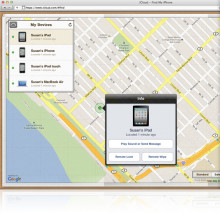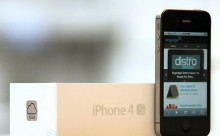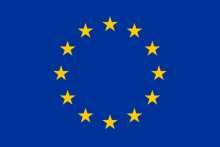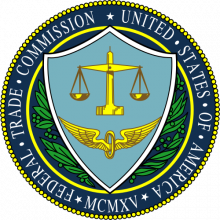Fanboi beats 'e-trespassing' rap after using GPS to find stolen iPad
An Australian magistrate has ruled that an iPad owner acted lawfully when he used Apple's Find my iPad app to locate his stolen fondleslab in a private home.
ABC News and the Canberra Times report that when a Canberra man's iPad mysteriously disappeared he fired up the Find my iPad App. Doing so revealed, thanks to the fondleslab's built-in GPS, that it was located in a nearby suburb. The newly iPad-less man went to the location indicated by the app and heard his iPad making noises within a home.













































































